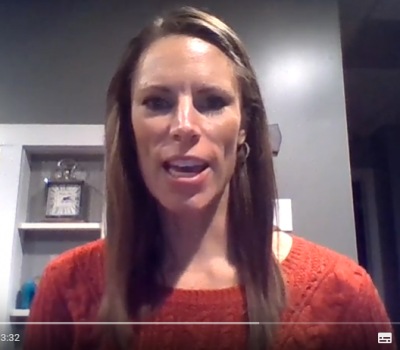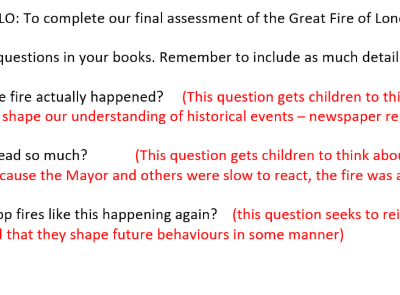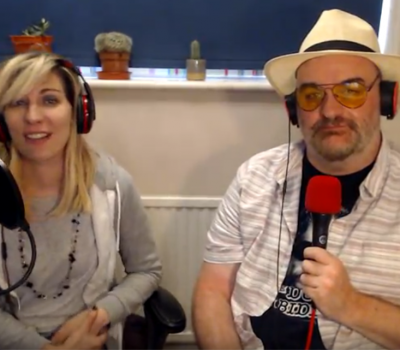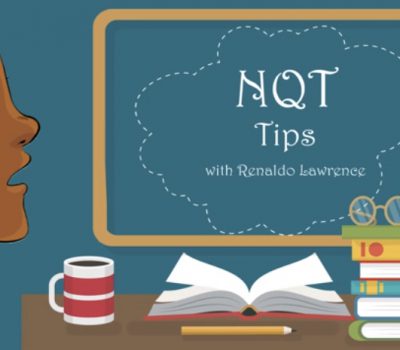


Our team sorts through all blog submissions to place them in the categories they fit the most - meaning it's never been simpler to gain advice and new knowledge for topics most important for you. This is why we have created this straight-forward guide to help you navigate our system.


And there you have it! Now your collection of blogs are catered to your chosen topics and are ready for you to explore. Plus, if you frequently return to the same categories you can bookmark your current URL and we will save your choices on return. Happy Reading!
‘No parent ever wants to find out that their child has been accused of bullying another student.’ Monica Payne from kidsinthehouse.com shares what you can do if it happens and how parents and schools can work together.
No parent ever wants to find out that their child has been accused of bullying another student. The information can often be hard to believe; we like to think that we’ve raised our children better than this, and that they would never partake in the bullying of another student. However, instances do happen, and the parents of a child who has bullied a classmate should in some way strive to help their child improve their overall behaviour. Here are just a few ways parents can help their children correct their behaviour following bullying, or prevent bullying behaviours altogether through prevention.
While every parent does their best to raise their children with all the best morals and values, no human being is perfect, and that’s true of children as well. Many children might have the best of intentions, but we all make mistakes, and sometimes these mistakes can result in other people (including classmates and peers) getting hurt. Remember also that this isn’t necessarily a reflection on you as a “bad parent;” there are many reasons children may exhibit bullying behaviours in the classroom, and not all of them are the fault of so-called “poor parenting.”
It may be tempting to jump to conclusions as soon as you receive a call from your child’s teacher or principal, but do your best to hold off on making judgement calls right away. There may be information you’re missing; plenty of children find themselves in trouble for bullying when in fact, they were intervening on the behalf of another kid being bullied. Many schools have a policy of “keep your hands to yourself,” which can make it difficult to determine how to proceed when someone stands up for themselves. Take the time to learn about the situation as much as you can before you draw any conclusions.
You might not necessarily know what to do right away when you find out your child has been involved in bullying. Many common discipline techniques tend to be used, from grounding to time-outs and more, however, one of the most effective long-term options available to you is simply talking them through it. Sitting down with your child and talking with them can help you find out more about what their thought process was at the time, and can help them realise what they should do differently next time to handle the situation.
Most importantly, when your child is accused of bullying, don’t dismiss the situation at the very start. No parent wants to think that their child is capable of doing harm to a peer or classmate, but ignoring the situation isn’t going to help anyone involved. With some effort from both you and your child, you can work together to understand what occurred and how behaviours need to change to deal with things more appropriately next time. This can be a significant learning experience for both you and your child, so don’t overlook this opportunity. By intervening, you can help avoid bullying in the classroom both now and later on in your child’s educational experience.

The author

Read more

Read more

Read more

Read more

Read more

Read more

Read more

Read more


Are you looking for solutions? Let us help fund them! Nexus Education is a community of over 11,000 schools that come together to share best practise, ideas and CPD via online channels and free to attend events. Nexus also offers funding to all school groups in the UK via nexus-education.com


Established in 2011, One Education is a company at the heart of the education world, supporting over 600 schools and academies. Our unique appeal as a provider is in the breadth and synergy of the services we offer, supporting school leaders, teachers and support staff to achieve the best possible outcomes for their pupils and staff.

School Space is a social enterprise that has empowered schools for over 12 years through their profitable and hassle-free lettings services. So far, they’ve generated over £5 million in revenue for education, helping to connect over 200 schools with their local communities.


Unify is an online sales and marketing tool that allows users to create tailored personalised documents in moments.


There’s nothing special about the energy we sell. In fact, it’s exactly the same energy as all our competitors provide. But there is something special about the way we do it. Where others complicate the process, we simplify it. Where others confuse customers with hidden terms, we’re an open book. And where others do all they can to make as much money from their customers as possible, we do all we can to make as little. Everything we do, we do it differently. Our customers are a privilege. One we’ll never take advantage of.


Securus provide market-leading monitoring solutions to safeguard students on ALL devices both online and offline. We also offer a full monitoring service, where we carry out the monitoring on behalf of the school, freeing up valuable staff resources. From the smallest school to large MAT groups, Securus offers safeguarding protection for all!


Bodet Time offers dedicated solutions to education through lockdown alerts, class change systems, PA and synchronised clock systems. Improving time efficiency of the working and school day; ensuring safety through lockdown alerts; increasing communication with customised broadcast alerts.


Robotical makes Marty the Robot - a walking, dancing coding robot that makes programming fun and engaging for learners as young as 5. Our robots come with a full Learning Platform that has complete teaching resources, to make lesson planning a breeze.